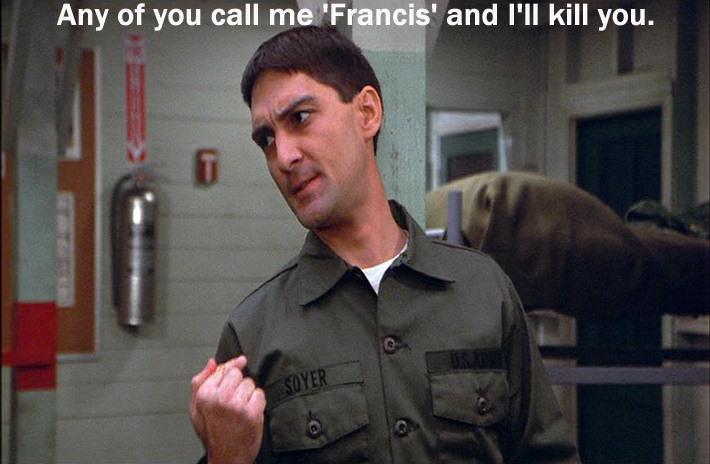There are all kinds of things wrong with Governor Pat McCrory's proposed budget with respect to higher education. I am going to address them separately. First up is "marketability." From the governor's website:
As governor, Pat McCrory will work with education and industry leaders to develop a comprehensive and innovative approach to measure program success rates and student job attainment. This approach must encompass both community colleges and universities, and draw on existing resources from North Carolina’s already substantial performance measurement systems to create a single, transparent operation.
He has repeated something similar many times. What this means is that universities will be judged directly by jobs*. The essential problem here is that this is not a trade school--our mission is to teach people how to think, write, etc. These are critical skills for a job, but most disciplines don't funnel you directly into a specific trade.
What we know for sure is that a college education is
highly advantageous both for employment and wages. From my own perch, UNC Charlotte is a school where many students are the first in their family to attend college, are not that well off, and are often transfer students who only have a short time with us. We need to give them as many skills as we can to succeed
as engaged citizens--above and beyond just getting a job--but there is no way we can compete with schools that don't share the same challenges we do. We are giving our students a big advantage they would not have otherwise, but we're not magical job makers. We will therefore be punished for something beyond our control.
Don't get me wrong.
I want every student to get a job. But McCrory's view is that the state decides on a few job-specific majors to load up with students, and then winds them up and lets them go get jobs in a few chosen fields. We need to make sure we don't move away too far from our broader goal, which is to create citizens.
From my dean's letter on the college website:
Our mission is to advance the discovery, dissemination, and application of knowledge in the traditional areas of liberal arts and sciences and in emerging areas of study. Our world-class faculty aspire to be thought leaders -- passionate about their teaching and scholarship -- who model ethical and engaged citizenship for their students. Our faculty and students actively engage with local, national, and global communities and seek to transform the world through creative and innovative solutions.
This is true.
* I won't even get into the mess of the money, paperwork and bureaucracy required to create and maintain a database of student job outcomes for the entire UNC system.
Read more...






